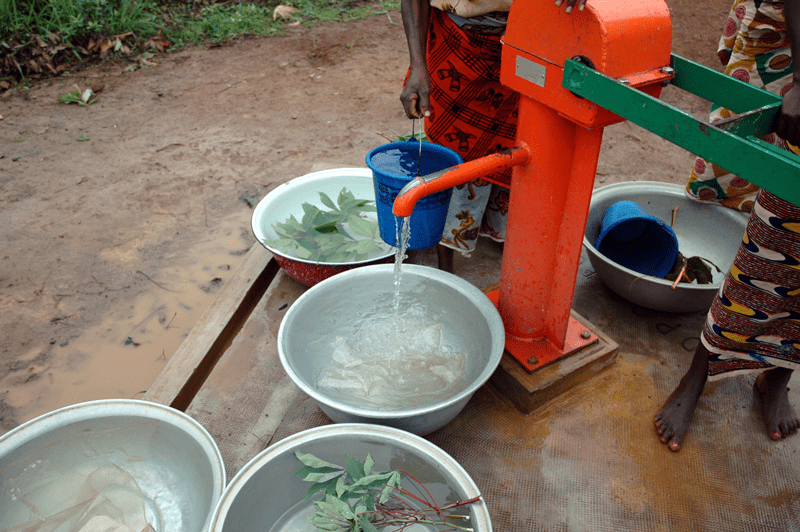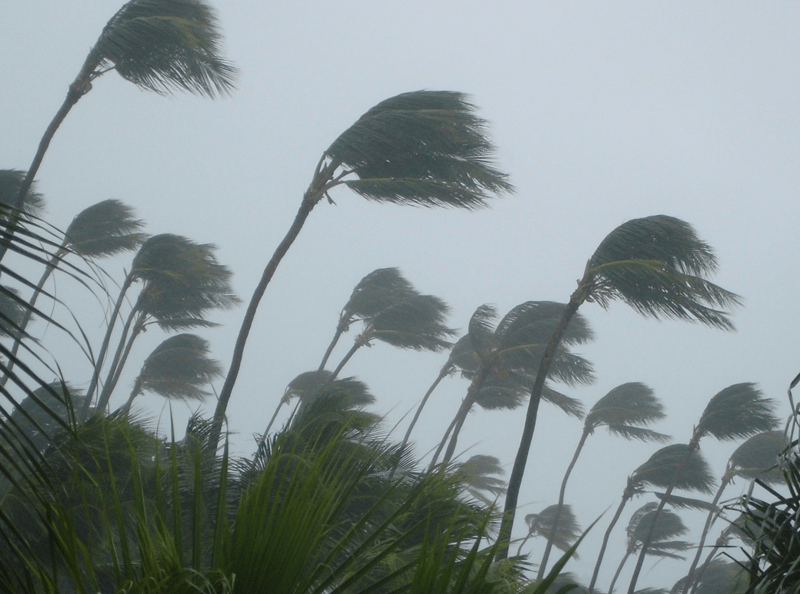PARIS–The Global Innovation Lab for Climate Finance has selected six new ideas for additional analysis, stress-testing, and development in the next phase of its second year. During its Call for Ideas, which was open from October 7th through November 7th, The Lab received a huge breadth and quality of submissions. Following an initial screening of these ideas, Lab Advisors met on December 3rd in Paris, France, to select the top ideas based on their actionability, innovation, and catalytic and transformative potential.
The selected ideas will benefit from input and guidance from Lab members, as well as from the in-depth analysis provided by The Lab over the next few months. Depending on the course of their development, several of these ideas will eventually be taken forward by The Lab for endorsement, launching, and piloting from April 2016 on.
“The Lab is looking forward to seeing which of these ideas can develop into instruments that meet the Lab’s overarching goal to drive billions in climate finance to developing countries,” said Barbara Buchner, Senior Director of Climate Policy Initiative, Lab Secretariat. “This is an important step as we move from ideas to action.”
Previous initiatives endorsed by The Lab are now being implemented. These initiatives have collectively raised nearly half a billion in funding interest to-date.
The new, selected ideas are as follows:
ADAPTATION IDEAS:
Climate Smart Finance for Smallholder Farmers
Smallholder farmers in Africa and elsewhere are highly conservative in their adoption of new technologies or farming practices, including “climate-smart” farming practices. Proposed by F3 Life, this idea addresses this problem by providing climate-smart credit scoring, including a credit scorecard, loan tracking, and monitoring software to encourage adoption of climate-smart agricultural practices.
F3 Life is seeking assistance and funding to scale-up the demonstration project. In a statement, idea proponent Mark Ellis-Jones said, “We see participation in the Lab as an opportunity to raise the profile of the F3 Life climate-smart credit system globally as well as further develop our system through exposure to the Lab’s network.”
Oasis Platform for Catastrophe and Climate Change Risk Assessment and Adaptation
Proposed by Imperial College and Oasis LMF, this idea would develop an open access system that can plug and play data to create risk and loss information for the investment and insurance sector to increase households’ insurance coverage in Asia.
In a statement, idea proponent Tracy Irvine of Imperial College said, “We believe our initiative has the capacity to bring confidence to invest in insurance and adaptation solutions in Asia, creating climate resilient societies.”
Water Financing Facility
Proposed by the Dutch Ministry of Foreign Affairs, this idea would issue “water bonds” in order to enable investment in bankable water projects. Bonds would have a fixed return for private investment and would be offered through a pooled fund that diversifies project risks.
Idea proponent Hugo de Rijke of the Dutch Ministry of Foreign Affairs said in a statement, “By submitting this idea we want to create a common understanding and awareness amongst local and international stakeholders regarding fundamental changes in national water sector financing and the establishment of bankable sector investment programs.”
MITIGATION IDEAS:
Indonesian Sustainable Palm Oil Smallholder Development and Financing Facility
Proposed by Institute Deliverologi Indonesia and Forest Carbon, this idea aims to double the efficiency and productivity of small-scale certified palm oil farmers to reach national 2020 production targets by providing a land use fund with significant technical assistance to intensify productivity on degraded land and protected forests, and rehabilitating existing plantations in protected areas.
Idea proponent Agus Sari, of the Institute Deliverologi, said in a statement, “The Lab is one of the few places where critically important proposals such as this one can be couched and brought forward as real world solutions.”
Mezzanine/Discounting Facility
Lab Advisors selected a merger between two similar ideas proposed by IFC. The Discounting Facility would use existing cash flows from small-scale renewable energy projects as collateral for financing the construction of more projects, while the Mezzanine Facility would create a wholesale financing approach for supporting small-scale renewable energy and energy efficiency.
Idea proponent Reinhard Reichel, said in a statement, “An endorsement of the concept by The Lab would go a long way towards eventually implementing such facilities on a larger scale.”
Mobilizing Equity to Drive Energy Efficiency Investments
Proposed by the Inter-American Development Bank, this idea is a tiered equity fund that mobilizes investments into small and medium enterprises and real estate, while a parallel equity guarantee facility mobilizes investments at the asset level. It aims to mobilize private capital at scale for energy efficiency financing in emerging economies.
Filippo Berardi, idea proponent of the Multilateral Investment Fund at IDB said in a statement, “In the short term, the IDB/MIF team is hoping to be able to count on analytical support and knowledge contribution from The Lab to develop the idea and possibly execute a first pilot, with the view of later scaling it up in terms of markets and geographies.”
More information, including a summary of the December 3rd Advisor meeting, will follow.
The Global Innovation Lab for Climate Finance is a global initiative that supports the identification and piloting of cutting edge climate finance instruments. It aims to drive billions of dollars of private investment into climate change mitigation and adaptation in developing countries. Analytical and secretariat work of The Lab has been funded by the UK Department of Energy & Climate Change (DECC), the German Federal Ministry for the Environment, Nature Conservation, Building and Nuclear Safety (BMUB), the U.S. Department of State, the Netherlands Ministry for Foreign Affairs, Bloomberg Philanthropies, and The Rockefeller Foundation. Climate Policy Initiative serves as The Lab Secretariat.


